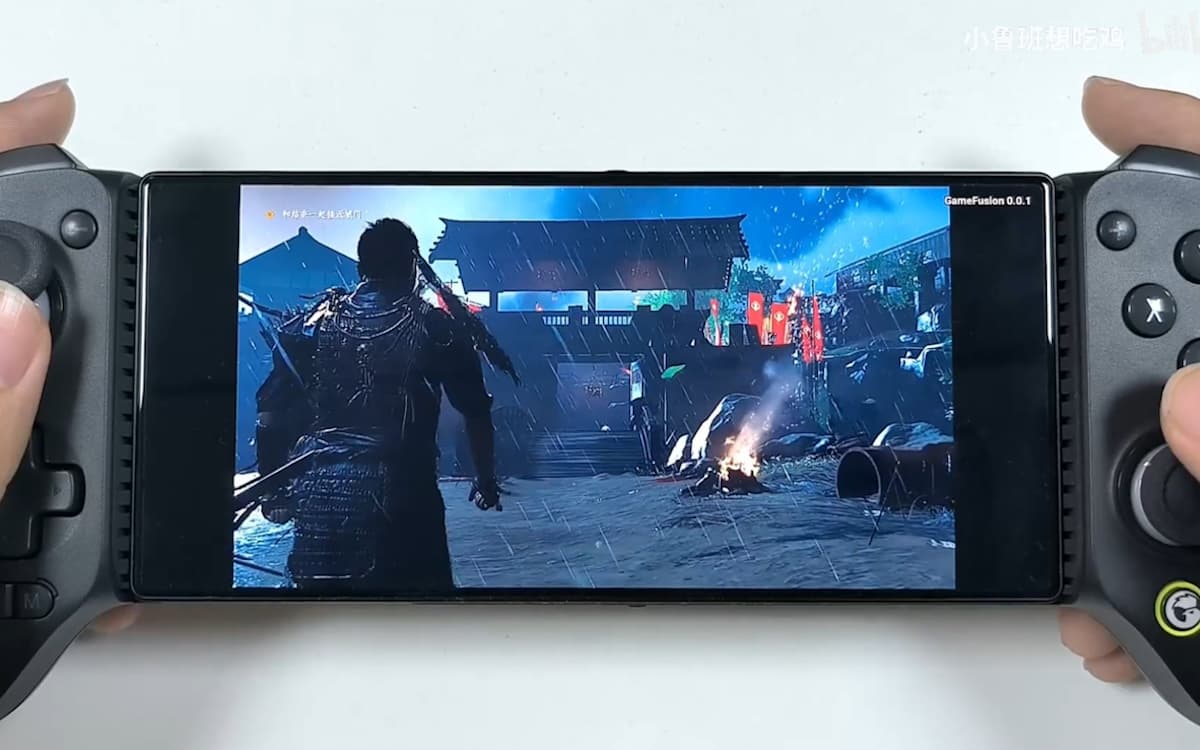
One of the most impressive feats of the Snapdragon 8 Elite chip is its ability to run AAA games through emulation, demonstrating the power of the Qualcomm chipset even in conditions where performance is not fully optimized.
The SoC was already able to maintain a stable 60 FPS in Cyberpunk 2077 on low settings, as well as achieving more than double the frame rate compared to the Snapdragon 8 Gen 3 in the game A Plague Tale: Innocence.
However, the scenario is not repeated for all titles. In new gameplay tests, it became clear that the Snapdragon 8 Elite struggles to run Ghost Of Tsushima. Although the game was originally developed for the PS4, the lack of support for AVX and F16C instructions explains the Qualcomm chipset’s disappointing performance when trying to run the title.
These components are vital for optimizing calculation and rendering functions, significantly impacting performance in complex emulations.
Understanding the limitations of the Snapdragon 8 Elite
As Advanced Vector Extensions (AVX) are a set of instructions present in the x86 architecture that allow processors to perform tasks with greater computational demand, such as processing graphics and physics in games.
The instructions F16C assist in converting floating point numbers and help optimize performance by reducing the amount of memory used, speeding up physics simulations and rendering without extensively sacrificing image quality.

With the lack of support for these instructions in the Snapdragon 8 Elite, it is no surprise that Ghost Of Tsushima has difficulty reaching even 30 FPS during emulation, as demonstrated in a video published on the Chinese platform Bilibili.
What draws attention, in fact, is that a game like Cyberpunk 2077, more demanding in terms of visuals, runs at higher frame rates on the same chipset, since the AVX requirement was removed after launch, facilitating performance in less supported platforms.
Still, it’s important to recognize the progress that the Snapdragon 8 Elite represents: being able to run high-budget games through emulation on a smartphone is something that would have been unthinkable a few years ago.
Now, we expect the next generation chipset, the Snapdragon 8 Elite Gen 2, to bring support for the Scalable Matrix Extension (SME), which could help solve some of these challenges and further improve gaming performance.
Source: Bilibili

Join the Adrenaline offer group
Check out the main offers on hardware, components and other electronics that we found online. Video card, motherboard, RAM memory and everything you need to build your PC. By joining our group, you receive daily promotions and have early access to discount coupons.
Join the group and take advantage of promotions
Source: https://www.adrenaline.com.br/mobile/snapdragon-8-elite-jogos-com-avx-e-f16c/


